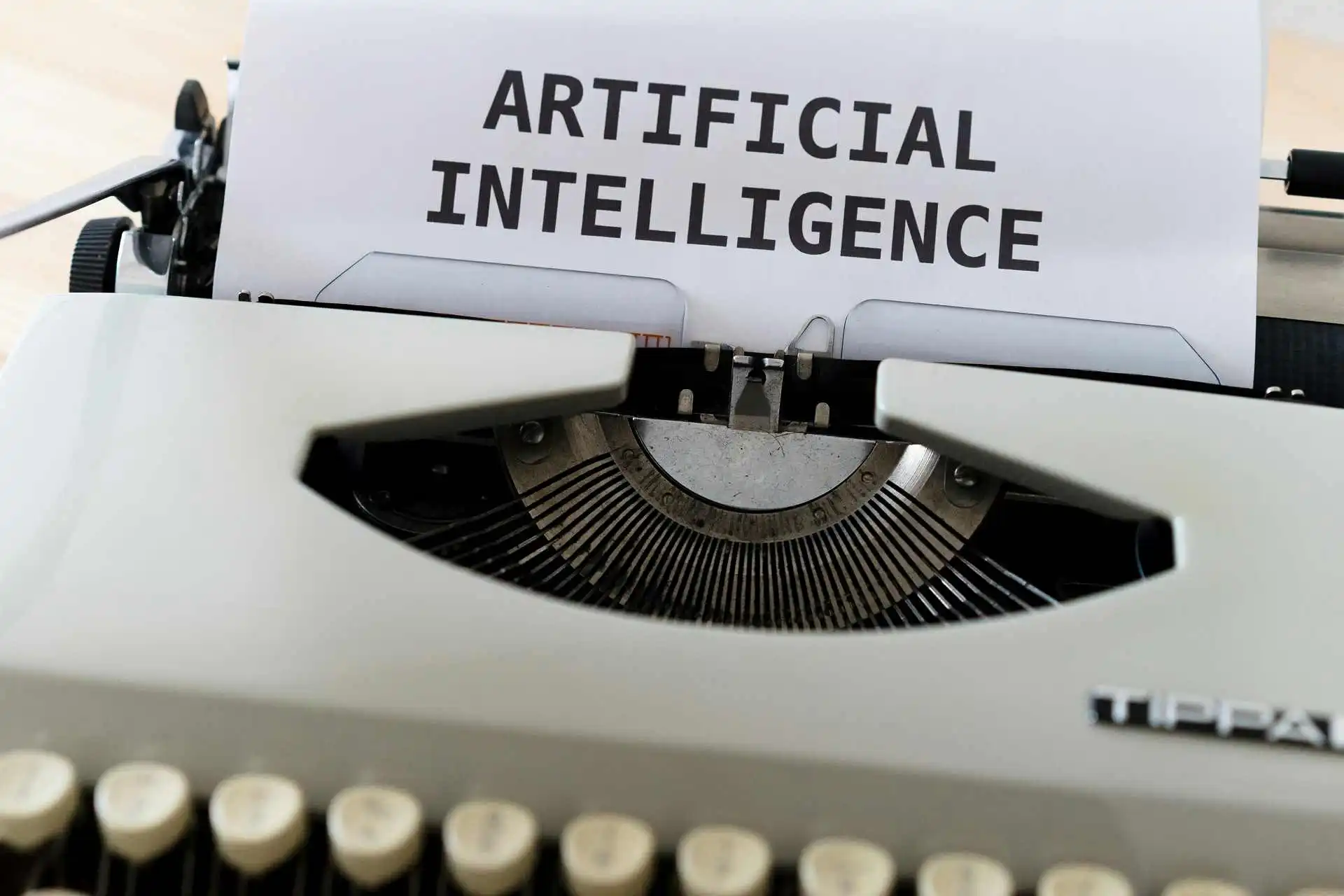In today’s world, many Christians are serving as tech enthusiasts, innovators, and science experts. They are successfully working to determine AI’s power, what it can do and what it cannot. As you already know, AI has the power to revolutionise the world. It can also spread false information and cause many to lose their faith and belief.
Since then, many Christians have been eager to learn: what does the bible say about technology? They want to understand the Bible’s viewpoints on artificial intelligence (AI) and look forward to using it practically.
The blog post, which solely aims to provide information and not question other religious books, helps Christians find answers to their priorities, the connection between AI and the Bible, the Bible and technology, and much more.
A Brief Insight to Artificial Intelligence
Artificial Intelligence was not born from the start. It existed in 1956 when computer scientist John McCarthy devised the name. From then, it gained fame and replaced the need for human effort to do several practical tasks.
If described simply, AI is an innovative technology that encourages man-made machines to perform tasks that require human effort, time, and intelligence. In today’s world, AI is being used for services like voice recognition, image categorisation, medical diagnosis, language translation, and many more.
Read More: Artificial Intelligence for Dummies: Understand its Daily Impacts
Bible and AI
Technically, AI did not exist in the time of the Bible. Then how does the connection between Artificial Intelligence and the Bible become valid? The logic lies in the Bible, which is Christians’ holy book; it teaches lessons of wisdom, human creativity, technology, and the like.
Biblical Perspective on Artificial Intelligence
What does the Bible say about AI? Is AI mentioned in the Bible? These questions raise questions in the minds of many Christians regarding its adoption in their practical lives.
If look from the broader side, it is crystal clear that the Bible does not mention AI specifically because the technology did not exist. However, it contains chapters from where the Christian community devised their knowledge to use the technology for their goodwill.
- Blessing/Threat
A common Biblical inference through the lens of technology highlights that as long as AI serves a positive purpose, it is considered a blessing. Otherwise, it is no less than a threat, leading people to lose their jobs, beliefs, and trust.
- Biblical Themes Related to AI
Possibilities are that there is no AI in the bible, and Christians can take guidance on technology and its adoption from it. This news reveals that the Bible highlights specific warnings, responsibilities, and tech knowledge for its followers, making it easy for them to align artificial intelligence and bible verses to navigate present and future challenges.
- Idolatry Warnings: The Bible addresses Christians not to give importance to technology above God. The Christians’ holy book neglects the idea of worshipping and putting faith in artificial idols.
- Human Unique Creation: The Bible reveals that Humans possess traits like creativity and moral consciousness. AI has the power to copy human behaviour, but it lacks the spiritual component that distinguishes man.
Browse Other Posts: Top 6 Artificial Intelligence Companies in Finance: Complete Overview
Conclusion
Artificial Intelligence has its pros and cons. It is up to the people how they use it, whether for the betterment or the community’s deterioration. This blog post reveals the Christians’ concerns about the practical adoption of AI through the teachings of their holy book, the Bible. It explains that false is false and cannot be replaced with truth. Christians must use AI powers only for beneficial purposes and not elevate Artificial Intelligence to the extent that its importance goes beyond God's importance.







Leave a COMMENT